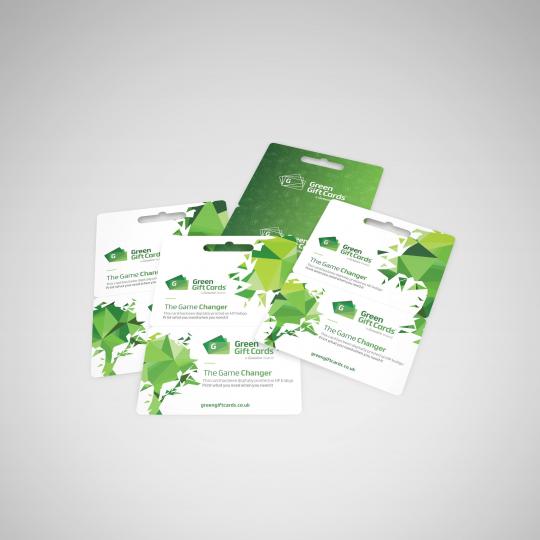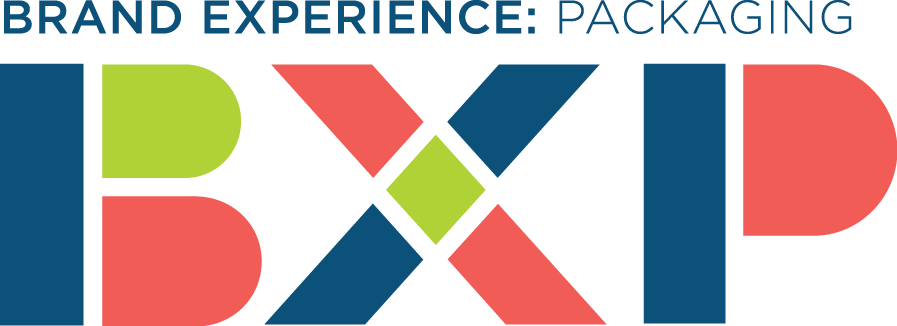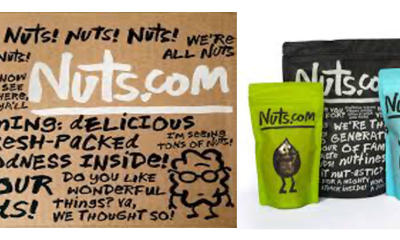Innovation
Digitally printed gift cards on thicker paperboard
Published
4 years agoon
By
INS
HP Indigo 30000 digital presses can be modified to print on substrates with a thickness of 660 microns. This is the outcome of a development project driven by HP, Green Gift Cards, Transcend Packaging and Iggesund Paperboard.
“Being able to print digitally on thicker materials is an important step in producing gift and other types of cards on digital presses.” So says Graham Lycett, Managing Director of Green Gift Cards, who has been one of the driving forces behind a development project to increase the thickness of paperboard that can be used in an HP Indigo 30000.
The HP Indigo 30000 was originally designed to take substrates up to 600 microns thick. In a development project run by Green Gift Cards, HP Indigo, Transcend Packaging and Iggesund Paperboard, that thickness has now been raised to 660 microns, this is significant jump up taking into account the stiffness and bulkiness of the Invercote board that is going through the print system.
“It is a huge jump, 10 per cent makes all of the difference between paper-jam galore and a smooth print operation. Not to mention scratches etc. Besides, this is only half the story – media stiffness is the real issue we needed to address. Invercote is almost like plywood… very stiff and doesn’t easily bend in the system,” says Moshiko Levhar, Business Manager, Folding Cartons, HP Indigo.
“This brings us far closer to the haptic – the feeing of the card in the hand – sensation of a traditional, plastic gift card in credit-card size. This is important, since some companies hesitate to change from plastic to paperboard for that very reason,” Graham Lycett stresses.
He is one of the great advocates for replacing plastic cards with paperboard ones. Making the change can reduce the cards’ environmental impact by over 95 per cent, as a biogenous rather than a fossil-based material is used. At present there is only one printing press in the world that is modified to take the higher thicknesses. It can be found at Transcend Packaging in the UK, a company which, like Graham Lycett, is passionate about reducing climate impact. As well as producing packaging and cards for Green Gift Cards, Transcend Packaging has made itself known worldwide for high-volume production of paper-based drinking straws.
AdvertisementHP Indigo’s involvement in the project also brings other benefits, says Graham Lycett, since it means that HP’s Mosaic software for variable printing can be used.
“Not only can we vary the print from one card to the next; the digital printing also means we can offer reasonably priced cards in smaller print runs, while large organisations can order card volumes to fit consumption, rather than printing massive runs to get the best economy. They change to a renewable material and their orders reduce the need to keep stock, while also reducing waste and allowing scope for quick design modifications.”
The development of HP Indigo’s printing presses is largely based on the qualities offered by Iggesund Paperboard.
“We have actively worked to ensure our Invercote paperboard is the best option for digital printing. This project confirms that we’re on the right track,” explains Thomas Janson, Business Development Manager at Iggesund Paperboard.
Iggesund
Iggesund Paperboard is part of the Swedish forest industry group Holmen, one of the world’s 100 most sustainable companies listed on the United Nations Global Compact Index. Iggesund’s turnover is just over €500 million and its flagship product Invercote is sold in more than 100 countries. The company has two brand families, Invercote and Incada, both positioned at the high end of their respective segments. Since 2010 Iggesund has invested more than €380 million to increase its energy efficiency and reduce the fossil emissions from its production.
AdvertisementIggesund and the Holmen Group report all their fossil carbon emissions to the Carbon Disclosure Project. The environmental data form an integral part of an annual report that complies with the Global Reporting Initiative’s highest level of sustainability reporting. Iggesund was founded as an iron mill in 1685, but has been making paperboard for more than 50 years. The two mills, in northern Sweden and northern England employ 1500 people.
Editorial Note: This post was shared by a member of the BXP magazine community using our Community Voice tool.
Our website community uses the tool to post articles, thought-leadership reports and analyses, white papers, case studies, blog entries and op-eds, press releases and events about brand and package design or marketing. These posts are vetted and edited by our editorial staff for editorial relevance and decorum for branding, design, marketing and package design professionals. Approved and edited content then lives side-by-side with other editorial content. Overtly promotional content is not accepted, but we do have advertising options available for those interested in promoting their services or products.
Do you want to become a contributing author to the BXP website? Click here to learn how you can become a contributing member of the BXP Magazine community.

SPONSORED VIDEO
Branding with Ferocity – Thinking Like an Indie Brand
Get a better understanding on how to leverage new technologies to engage and delight shoppers, sustainability’s role in product and package design – being sustainable and premium are not mutually exclusive, plus best practices and tips for collaboration and how to launch new products and refresh existing product line-ups and brands.
You may like
Advertisement
Subscribe

BULLETINS
Get the most important news and business
ideas from BXP Magazine's news bulletin.
Advertisement







